CAMBRIDGE, M.A. – The National Science Foundation has awarded a consortium of six universities a $5.3 million grant to support a national network of Advanced Cyberinfrastructure Research and Education Facilitators (ACI-REFs). Harvard University’s FAS Research Computing group is one of the collaborating institutions. The project, called Advanced Cyberinfrastructure - Research and Educational Facilitation: Campus-based Computational Research Support, will broaden the…
News
FAS Research Computing to join Gluster Community Board
CAMBRIDGE, M.A. – FAS Research Computing (FASRC) has signed a letter of intent to join the Gluster Community Board, the leading community for open software-defined storage. James Cuff, Assistant Dean for Research Computing at Harvard University, will represent FASRC. The board is comprised of individuals and organization representatives committed to the success of the GlusterFS project as well as the…
Altered diet can quickly change gut microbiome in humans
Animal and plant-based foods have contrasting effects on the human gut microbiome. Credit: John Kaufmann, http://www.jek2004.com[/caption] Led by the Turnbaugh lab in the Center for Systems Biology at Harvard University, researchers have discovered that the microbes found in the human gut respond rapidly to a new diet. The researchers placed ten people on two defined diets, composed of animal- or…
The Clean Energy Project
The Clean Energy projects searches for next generation plastic solar cell materials using RC computational resources. The project, led by Professor Alán Aspuru-Guzik, has generated data about 2.3 million candidate compounds for organic electronic materials. To find out more about the project see here.
Migratory behavior of planetary systems
Using Odyssey to run numerical integrations, research on how planetary systems evolve and migrate has provided new insights. The centuries old theory of orderly planetary system architectures is being challenged by new evidence that suggests many planetary systems underwent a period of upheaval during which giant planets “migrated” from where they formed. For a full analysis see here.
The Equality of Opportunity Project
Harvard economists measure the upward mobility of children in the bottom fifth of U.S. households using big data and Odyssey. The economists found that there is substantial variation in the U.S. in the prospects for escaping poverty and some of the strongest predictors of upward mobility are social capital and family structure. For more details see here.
Temperature extremes unprecedented in the past 600 years
Harvard scientists use Odyssey to run climate models measuring the scale and frequency of recent warm temperature extremes. The results led to conclusive evidence that the summers of 2005, 2007, 2010 and 2011 in the high northern latitudes were warmer than those of all prior years back to 1400. For the full paper see here.
MGHPCC Awarded LEED® Platinum Certification
The Massachusetts Green High Performance Computing Center (MGHPCC) has become the first university research data center to receive a LEED® Platinum certification, the highest green building ranking. The MGHPCC is also one of only 13 data centers in the country to receive a Platinum certification. Computing centers are typically large users of energy. “As our name indicates, environmental sustainability and…
Research Computing Adds 28,000 Processors to Cluster
With the opening of the Massachusetts Green High Performance Computing Center (MGHPCC) in November 2012, Research Computing began the build out of its new server infrastructure located in Holyoke, MA. The end result was a cluster 28,000 processors stronger bringing total compute to over 54,000 CPUs. While computing power went up, total energy consumption went down. The MGHPCC facility was designed to minimize cooling…
MGHPCC Open for Business
State of the Art Data Center Will Keep Massachusetts at Forefront of Innovation Economy HOLYOKE – Friday, November 16, 2012 – Governor Deval Patrick and Lieutenant Governor Timothy Murray joined university leaders and technology executives today to cut the ribbon on the Massachusetts Green High Performance Computing Center (MGHPCC). The new Center will keep Massachusetts at the forefront of the innovation…

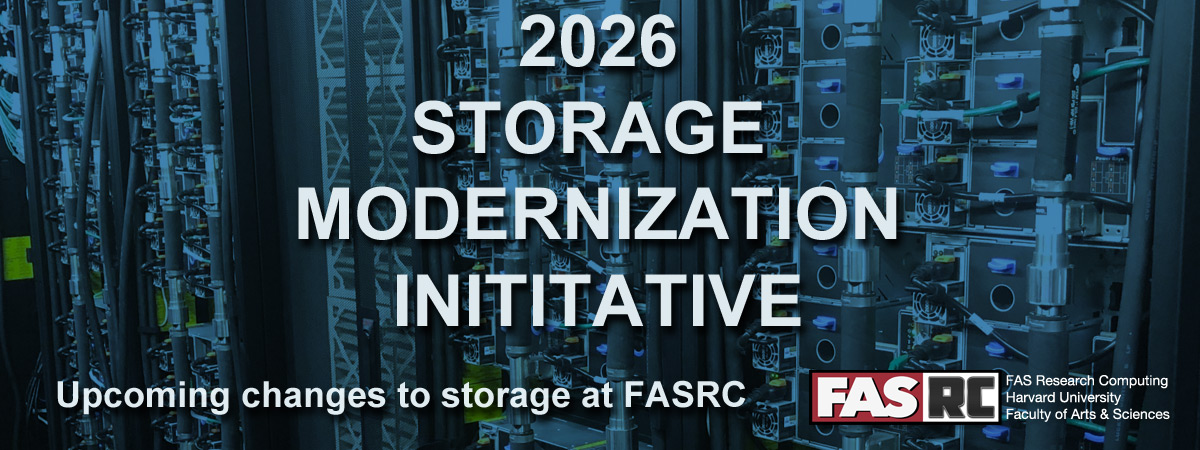
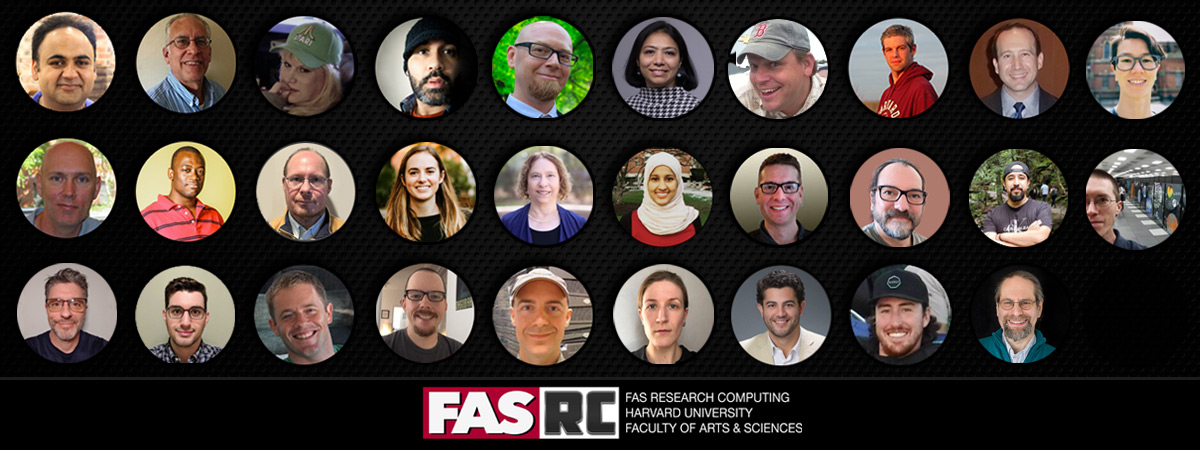



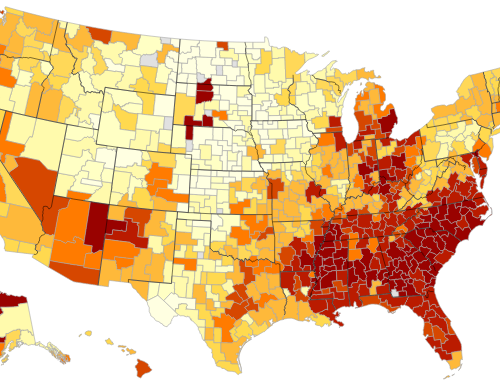
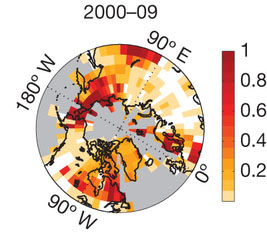
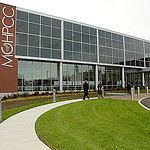


You must be logged in to post a comment.